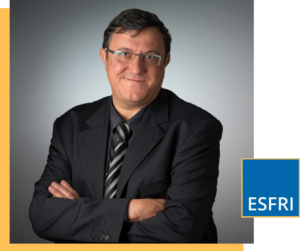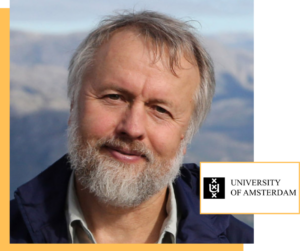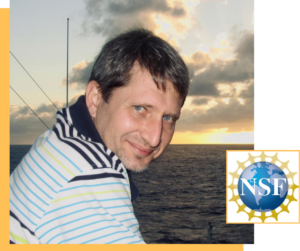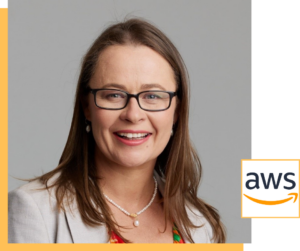Session 16: Greening research infrastructure
Wednesday, 4th December 2.00PM AEST | Breakout session
What is best practice for transitioning Research Infrastructure (RI) projects towards higher environmental standards and carbon neutrality? The discussion will cover the sustainability of digital RIs, including high-performance computing (HPC), artificial intelligence (AI), and quantum technologies. Key topics include methods for measuring sustainability, and exploring exemplary regulatory frameworks. Join us to discover practical solutions and innovative approaches to making RIs more sustainable and eco-friendly for a greener future.

Moderator
José Luis Martínez is the current ESFRI Chair and Spain delegate at ESRI since 2013. His research career includes positions as Research Professor at Instituto de Ciencia de Materiales (CSIC), Scientific Staff of the ILL (France), Research Assistant at BNL (USA). From 2007 – 2012, he was Associate Director of the ILL in Grenoble (France). From 2014-2017 CEO of ESS-Bilbao. He has also been a member of the “Commission nationale d’évaluation of the OPECST” since 2017.

Panellist
Mark Stickells is CEO of the Pawsey Supercomputing Research Centre, which hosts Setonix, the Southern Hemisphere’s most powerful, energy-efficient research supercomputer. Pawsey is a key partner in the Square Kilometre Array Observatory. Mark also serves on Australia’s National Quantum Advisory Committee and is a non-executive director of the Australian Research Council and peak body, Science and Technology Australia Ltd.

Panellist
Yuri Demchenko is a Senior Researcher and Lecturer at the University of Amsterdam. He graduated from the National Technical University of Ukraine, “Kyiv Polytechnic Institute”. His main research areas include Data Science, Data Management, Big Data Infrastructure and Technologies. He currently coordinates the GreenDIGIT project, the focus of which is to develop technical, operational and policy recommendations for greening future Research Infrastructures. He actively researches the architectural and design aspects of experimental research reproducibility and automation.

Panellist
Dr Vyacheslav (Slava) Lukin is a Program Director in the Division of Physics at the U.S. National Science Foundation (NSF), an independent agency of the United States federal government that supports science and engineering. NSF was established in 1950 by the U.S. Congress “to promote the progress of science; to advance the national health, prosperity and welfare; to secure the national defense, and other purposes.” Dr Lukin’s technical research background is in computational space and plasma physics, as well as high performance computing.

Panellist
Dr Carina Kemp serves as the Global Lead for Academic Research at Amazon Web Services (AWS), collaborating with the global research community to explore how digital infrastructure can enhance research capabilities. She is dedicated to empowering researchers to utilize cloud technology for accelerating scientific advancements. Prior to her role at AWS, Dr Kemp was the Director of eResearch at AARNet, where she spearheaded Research Cloud Services, providing essential tools and guidance for researchers’ data and digital infrastructure requirements. Before joining AARNet, she held the position of Chief Information Officer at Geoscience Australia, where she played a pivotal role in developing virtual laboratories and high-performance computing solutions for geophysical applications.
We acknowledge the Traditional Owners of the lands and waters throughout Australia, and pay respect to the Elders past, present and emerging. We recognise the importance of connection to culture, land, kinship and community to the health and wellbeing of Aboriginal & Torres Strait Islander families. We acknowledge the cultural practices and traditions still carried out today and being passed down to future generations.


